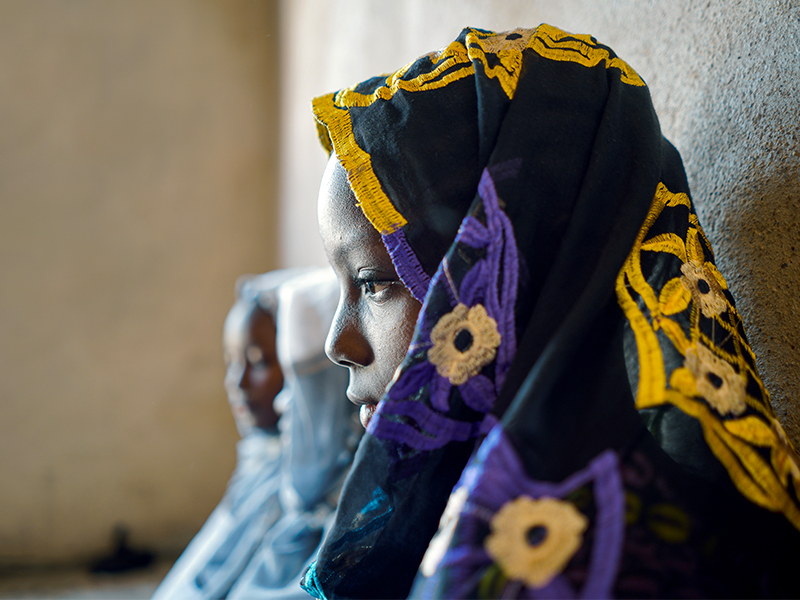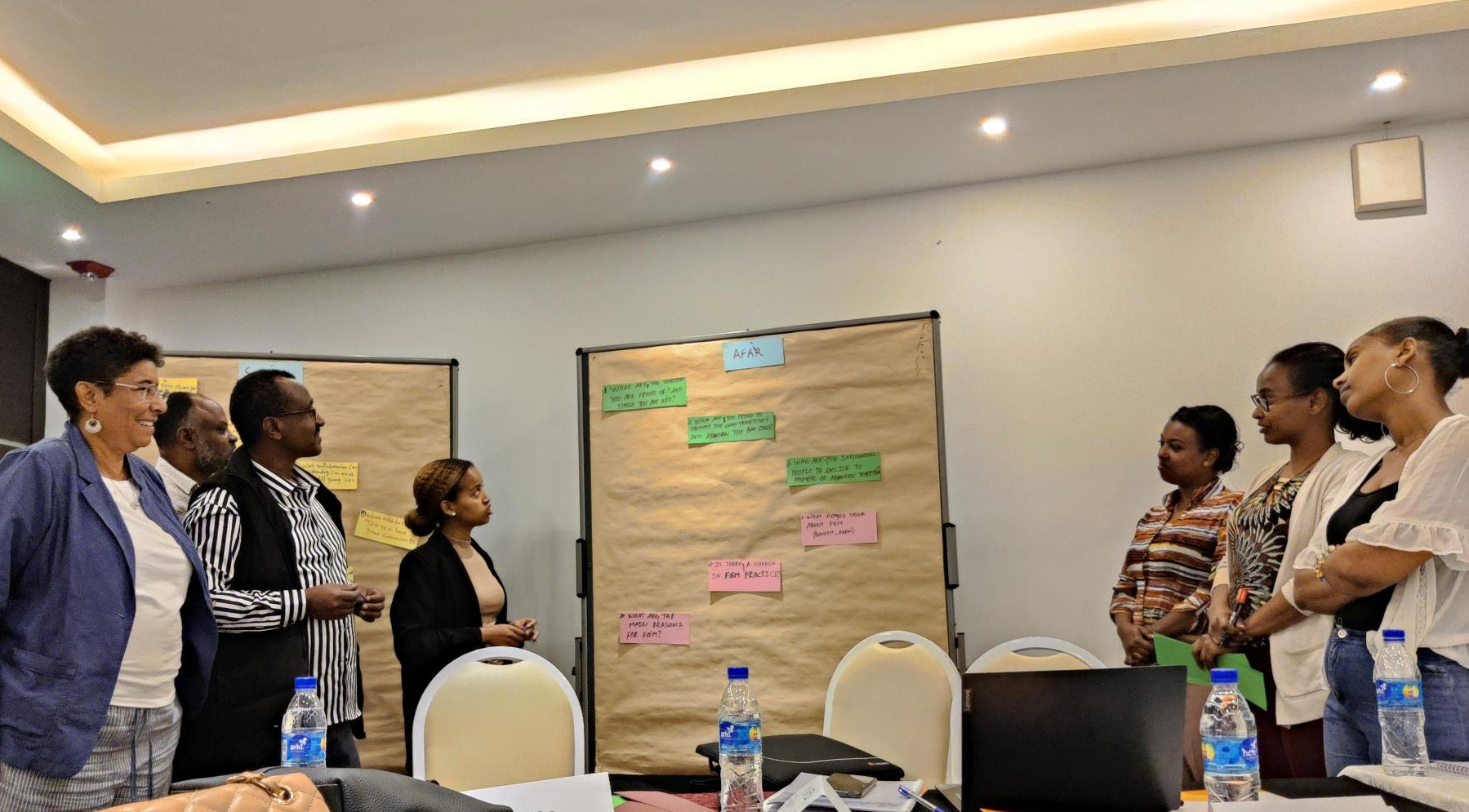February 6, 2023, marks the 12th anniversary of the “International Day of Zero Tolerance for Female Genital Mutilation”. Female Genital Mutilation (FGM) is a violation of human rights, one with severe health and social consequences and is still practiced in some regions of Africa. Many women get circumcised from the age of 5 days until marriage, and all the females who undergo this practice face short-term complications such as severe pain, shock, excessive bleeding, infection, and difficulty urinating, along with long-term consequences for their sexual and reproductive health as well as mental health and psychological health.
Under the project “Improving the Prevention of Female Genital Mutilation”, that commenced in October 2022 and will last for a period of one-year, Deutsche Gesellschaft für Internationale Zusammenarbeit (GIZ) GmbH has commissioned management4health GmbH to conduct a Training of Trainers on the Generation Dialogue methodology.
Over the last 25 years, the prevalence of FGM has declined globally. Despite political efforts to eradicate the practice, 90% of women and girls over the age of 15, in Somalia, Sudan and some regions of Ethiopia are currently affected. In the mentioned places, where traditional beliefs perpetuate practices that have harmful effects on the health and well-being of community members, such as FGM.
The “old generation” in these regions in general have a strong belief in FGM because it is considered socially accepted, has strong religious beliefs, and serves hygiene, preservation of virginity, marriageability, and enhancement of male sexual desire. However, the “young generation” is aware of the risks and harms of this and therefore want to abolish it.
The Generation Dialogue methodology used in this project aims to create a safe space for men and women from both generations to interact during community dialogue sessions where the opinions and life paths of various generations and genders, as well as the proud and cherished moments and the weak and hurtful moments, are shared. The participants will interact with one another, choose action items to share with the community, and make a commitment to work with community influencers to support the abolition of FGM. The goal of the discourse sessions is to start a domino effect that spreads the message and keeps the community’s momentum against harmful habits going.
In addition to giving trainers and facilitators a roadmap for the dialogue sessions, the Generation Dialogue approach’s detailed seven steps also encourage communities to challenge their own beliefs and promote constructive alternatives rather than just denouncing the practice and those who support it.

Promotion and Facilitation of the Generation Dialogue approach through pilot measures, trainings and capacity building workshop in Ethiopia



